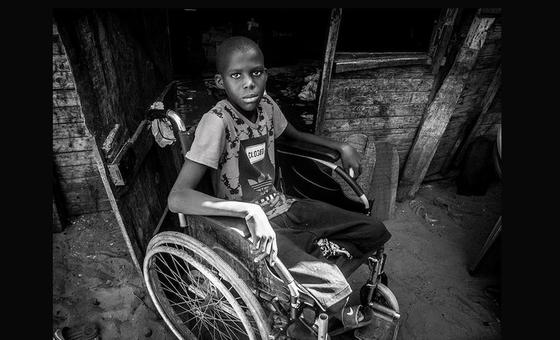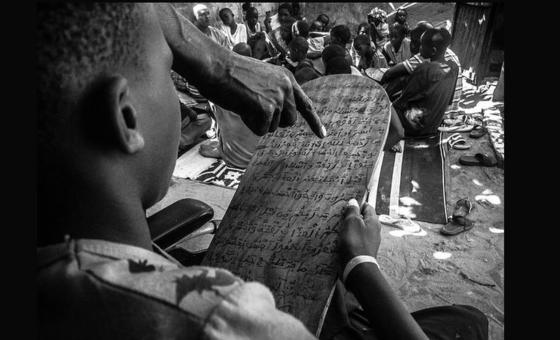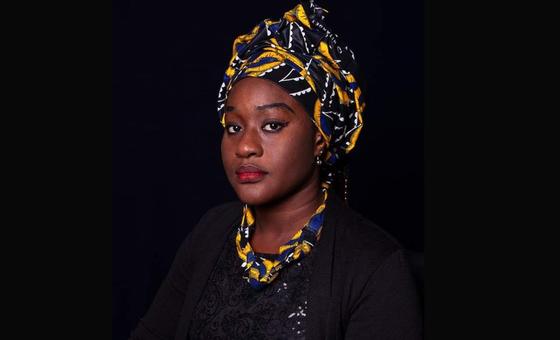
People with disabilities are particularly vulnerable to being caught up in human trafficking. “Colouring Silence”: stories of disabled people caught in the web of human traffickers Human Rights
“Coloring Silence: Stories of Disability and Human Trafficking” is the title of an exhibition organized by the Regional Office of the United Nations Office on Drugs and Crime (UNODC) in March 2024. Using photography, painting, sculpture, music and dance, nine disabled artists explored the risk factors that make people with disabilities especially vulnerable to being caught up in human trafficking.

Hadi Toure, a musician and songwriter involved in the project, explains: “I wanted to use my voice to raise awareness of human trafficking and contribute to awareness among the African population. My parents raised me well and gave me an education, and with my songs I wanted to support those who did not have such a childhood.”
“I also want children with disabilities to be able to see our example and find inspiration in the fact that we didn’t give up,” continues Hadi.
While Most artists’ desire to bring attention to this topic stems from a desire to support other people with disabilities, some of whom were themselves victims of human trafficking and wanted to openly share their personal stories with an audience.

“After my father’s death, my mother gave me to be raised by my uncle, who was an interpreter of the Koran,” says photographer Mamadou Barre. “He forced me to beg and bring him money. I got up at five in the morning and returned home at six in the evening. I envied the children wearing nice and clean clothes. I had dirty and torn rags, I sat in my wheelchair with a mug into which change was thrown. I had no time for study or rest, only for begging, because my uncle beat me and deprived me of food if I could not give him the amount he demanded from me every day.”
There are many children throughout Senegal who have similar stories to tell. In this African country, it is estimated that about one hundred thousand children live in traditional Islamic boarding schools. Many of them are forced, at the request of their teachers, to beg on the street every day for money and food. In some cases, children are required to “work” until they reach a certain amount. If they “fail to fulfill the quota,” they are severely beaten.

The vulnerability of children forced into begging increases significantly if they have a disability. These children often face marginalization that prevents them from receiving education and participating in social activities.
“Princess” is the title of a series of photographs taken by artist Bakary Diakite. It tells the story of a woman of incomparable beauty. After being sent to Dakar to live with her aunt, the Princess, a disabled woman, was forced into prostitution. The aunt gave
to the girl only a quarter of the amount she took from the client.
After several years of exploitation, the Princess rented her own apartment, where she continued to receive clients in order to provide for herself financially. Today she returned to her hometown to her mother and prefers not to talk about her former life.
